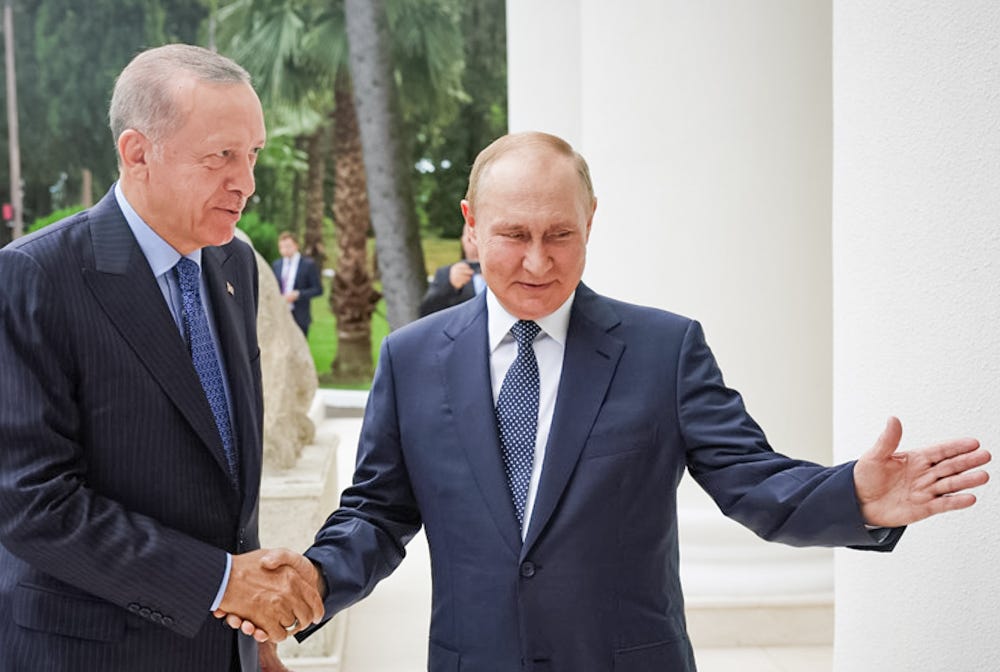In recent years, Turkey under Pres. Recep Tayyip Erdoğan has claimed a growing presence in regional developments and the nation’s unique relation with Russia underlines this trend, or at least draws high interest.
There’s no shortage of coverage on the Erdoğan…



